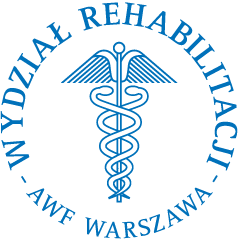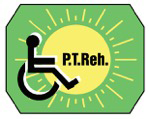


|
Current issue
Archive
Manuscripts accepted
About the journal
Editorial board
Reviewers
Abstracting and indexing
Contact
Instructions for authors
Publication charge
Ethical standards and procedures
Editorial System
Submit your Manuscript
|
2/2018
vol. 32 abstract:
Original paper
Professional burnout in occupational therapists.
Edyta Janus
,
Patrycja Gawałkiewicz
,
Aneta Bac
Advances in Rehabilitation/Postępy Rehabilitacji (2), 49 – 56, 2018
Online publish date: 2018/08/30
View
full text
Get citation
ENW EndNote
BIB JabRef, Mendeley
RIS Papers, Reference Manager, RefWorks, Zotero
AMA
APA
Chicago
Harvard
MLA
Vancouver
Introduction
Professional burnout is a phenomenon which may be generally defined as feeling tired of work, the lack of commitment to work, frustration and adopting a particular attitude to individuals who one is professionally related to. This phenomenon often concerns representatives of certain professions, including medical professions such as occupational therapists. The aim of the study was to find out what factors affect the level of professional burnout among occupational therapists. Material and methods The study was carried out in Poland. It included 97 professionally active occupational therapists. In the study, Maslach Burnout Inventory (MBI) was employed. Such independent variables as work experience, gender and place of employment were analysed. Results Occupational therapists under investigation manifested symptoms typical of professional burnout. From among the three subscales of MBI, the highest level was observed in the emotional exhaustion subscale. There exists a statistical correlation between work experience and one subscale of professional burnout. No statistically significant correlations were noted between professional burnout and place of employment as well as between gender and the level of professional burnout. Conclusions Over a half of the occupational therapists under investigation experienced a high level of emotional exhaustion, while in 30% of them, exhaustion was at a medium level. Simultaneously, a significantly low level of depersonalisation was revealed. The majority of the respondents manifested a high level of personal accomplishment. keywords:
occupational therapists, emotional exhaustion, depersonalisation, reduced personal accomplishment |
    |